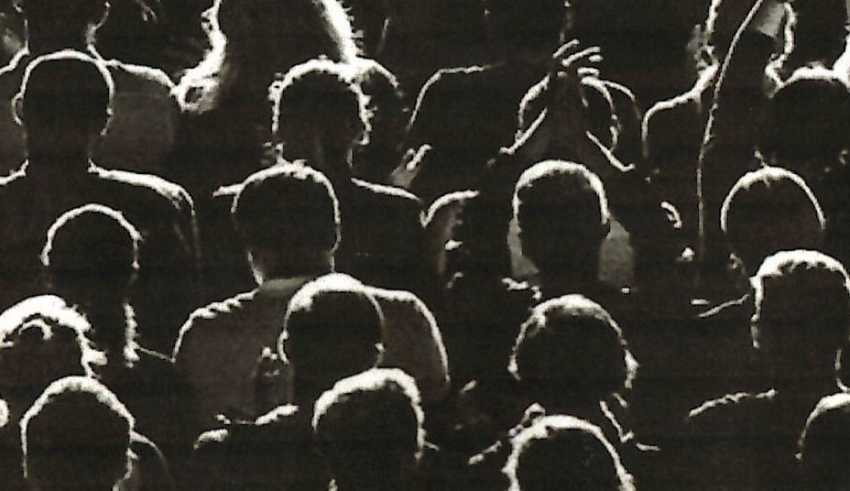
Chapter Seventeen – Helping Believers Stay Out of or Leave Wonderland II: Finding Personal Expertise Through a Community of Thought and Feeling within Our Own Self
There are many ways in which to enhance the generation and use of legitimate and timely expertise. In this chapter we offer several pathways to expertise that reside inside each of us. We are ourselves a rich source of expertise regarding many matters. While we don’t always fully appreciate this expertise and often distort or make poor use of personal expertise, it is there for our use – thanks to our capacity to process at multiple levels in our brain at the same time, and thanks to the expansion in the human brain of an advanced mental processing system (the prefrontal cortex).
Put simply, we host a community of thoughts and feelings that reside in our own psyche. This reservoir of expertise is often not fully known or appreciated by us. However, it must be known and assessed if we are to be effective personally in addressing the challenges (and crises of expertise) that are to be found in mid-21st Century life. We must be discerning, thoughtful consumers of existing outside expertise and must find the expertise within our own base of knowledge and intuition.
Chapter Eighteen – Helping Believers Stay Out of or Leave Wonderland III: Creating Collective Expertise Through Collaborative Communities of Heart
In this chapter we continue to explore ways in which to enhance the generation and use of legitimate and timely expertise. We now look outside ourselves and offer several collective pathways to expertise. In doing so, we continue to address a central question: how do we improve not just the quality of expertise being delivered in mid-21st century societies, but also access to and acceptance of this high-quality expertise?
We propose that quality is improved with a diversity of input. Both access and acceptance are improved with a broad-based collaboration among a wide variety of communities. What is the nature of such a venture in collaboration among diverse communities? How does this collaboration ensure that expertise is being created—or at least increase the probability that it is being created? What processes ensure that the expertise being created and shared is credible and of high quality? These questions are best addressed through the use of several collaborative tools and strategies—which are described and reviewed in this chapter.
Purchase this Book
Section Three
Doing Something About the Crises Right Now
In Section One we focused on observable, practical and directly impactful aspects of the Crises of Expertise and Belief, while in Section Two we delved into the fantastical life being lived in the Wonderland of expertise and belief. Now, in this third section, we get down to business and suggest ways in which to escape from wonderland. What are strategies and tools to be used in emerging from the rabbit hole into a world that is based on a valid perspective of reality and a viable set of practices needed to address the anxiety-ridden VUCA-Plus challenges of mid-21st Century life.
Chapter Nineteen – Doing Something About Our Anxiety
VUCA-Plus produces anxiety at both the individual and collective level. Furthermore, it seems that anxiety is quite contagious. One anxious person in an organization (or group) can readily spread this anxiety to everyone else with whom they associate. This is particularly powerful when that individual is an expert or leader. This chapter focuses on methods to reduce anxiety.
Chapter Twenty– Doing Something About Our Ignorance
In this chapter we deal with the notion that most of us are unaware of what influences our thinking and our decision-making. Behavioral scientists identify something that they call Heuristics, which are mental shortcuts or “rules of thumb” that we develop over our lifetime. Heuristics are essential for us to make quick decisions without the need for more complex and slow contemplative processing and decision-making. These Heuristics serve as the foundation for what we have frequently identified as fast thinking (contrasting with slow thinking). While fast thinking can assist us in navigating our daily lives, this process can become a problem when it is based on biased or bad science or information. Being aware of how heuristic operate in each of us is important if we are to be self-aware of how we respond to our environment, especially VUCA-Plus.

















